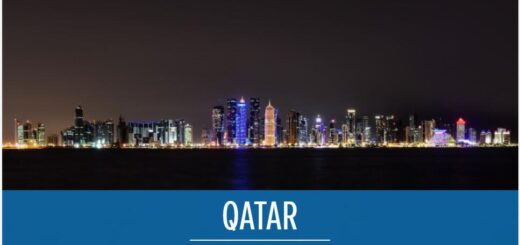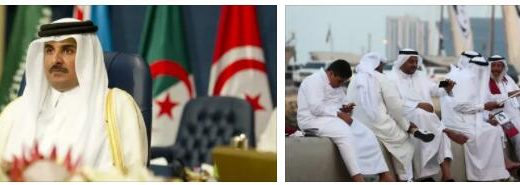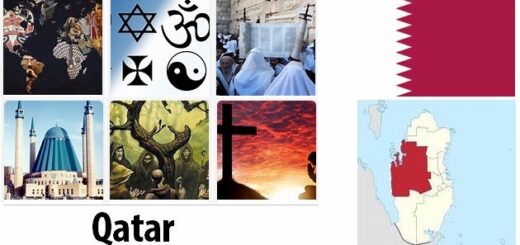Mass Media in Qatar
As one of the more liberal states in the Arabian Peninsula, Qatar has greater freedom of the press and media diversity than most countries in the Middle East. Qatar has both state-controlled and private media on all platforms, and has become known for supporting the international media house Al-Jazeera, with global coverage from Doha via television and the internet. There are newspapers and television channels in Arabic and English, as well as other languages as the country has a high proportion of foreign workers.
Traditional media
Established in 1972, Al-Arab became the first Qatari newspaper after the country’s independence. The other leading newspapers are al-Sharq, al-Watan and al-Rayah all with circulation of around 15,000, as well as English-language Gulf Times, Qatar Tribune and The Peninsula.
Qatari media grew especially from the 1970’s, with Doha and Gulf News magazines among the first. The first daily newspaper, Al-Ahd, came out in 1972. The state broadcast, Qatar Broadcasting Service (QBS) was established in 1968, first with radio broadcasts, then with television – provided by Qatar Television Service (QTV) – from 1970, with an English-language channel from 1982. From 1993, television was delivered via satellite, first through Qatar Cablevision (QCV). The country gained internet in 1996. Al-Jazeera was established with headquarters in Doha in 1996, funded by Qatar’s emir, with round-the-clock broadcasts, later with its own broadcasts in English and Serbo-Croatian, and an extensive Internet service. The state news agencyQatar News Agency (QNA) was started in 1975, with service in several languages.
Social Media
About 95 percent of Qatar residents have a profile on Facebook. 79 per cent of the users are men, which is largely due to the skewed gender composition in Qatar’s population. 9.1 percent are active users of the microblogging service Twitter, and 9.1 percent are active users of the Instagram photo sharing service.
Freedom of speech
Freedom House ranks Qatar as not free in terms of freedom of expression and press. Self-censorship is practiced among journalists, especially in matters that are politically or religiously sensitive. In 2016, the English-language Doha News online newspaper was blocked by the authorities after writing about several sensitive topics, including homosexuality. Authorities cited a lack of a license as a reason for the blocking.
The Media Censorship Act was abolished in 1995, and a new press law presented in 2011 removes criminal prosecution for journalistic activity, with one critical exception: by creating uncertainty about Qatar’s relationship with friendly states.
With state support, but with an international board, the independent media center The Doha Center for Media Freedom (DCMF) was opened in 2008. The organization works for press freedom and the promotion of quality journalism in Qatar as well as in the Middle East and the rest.



